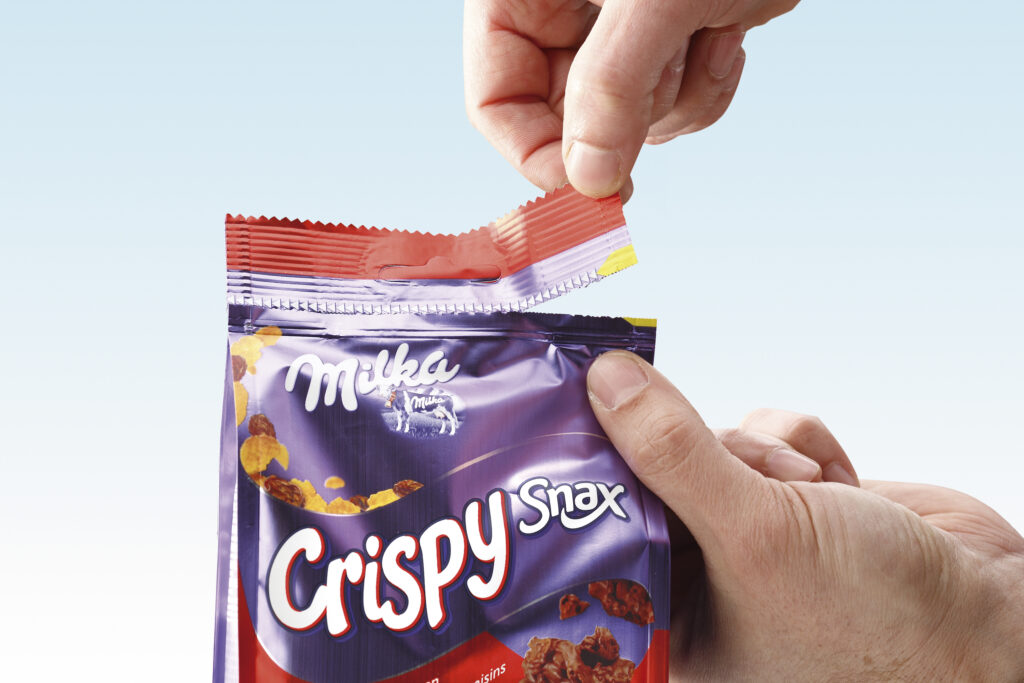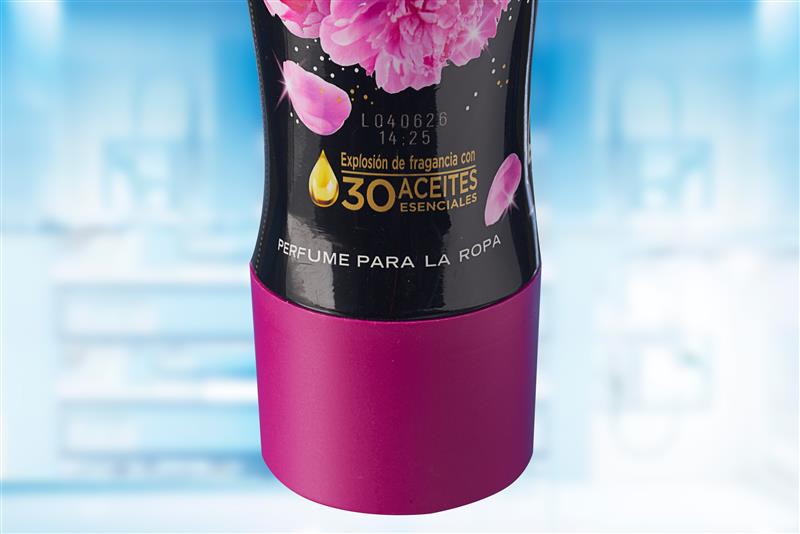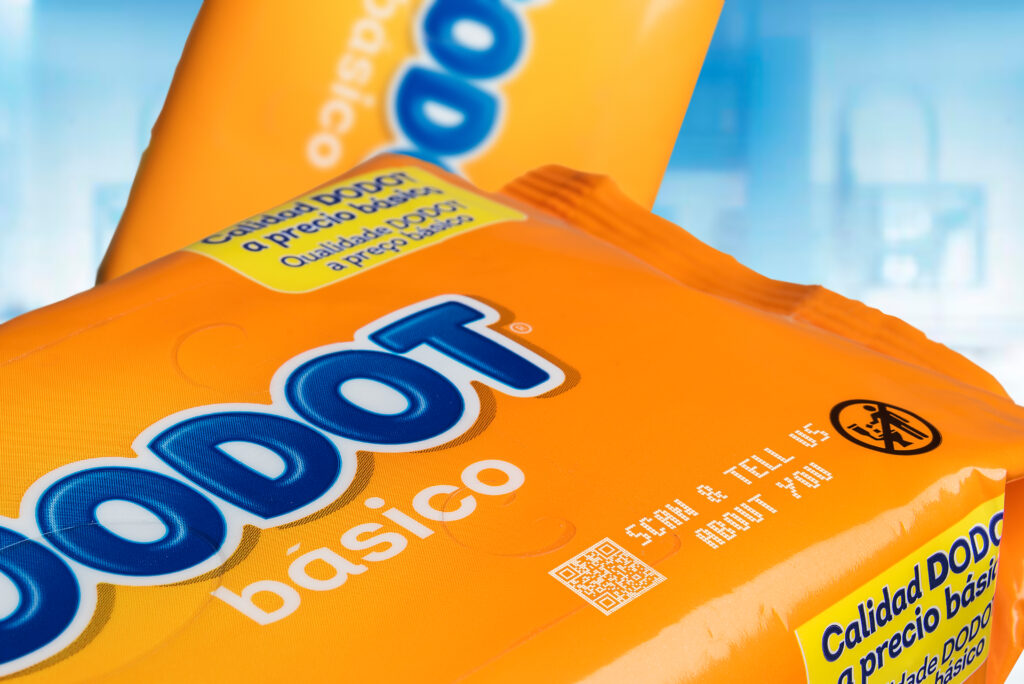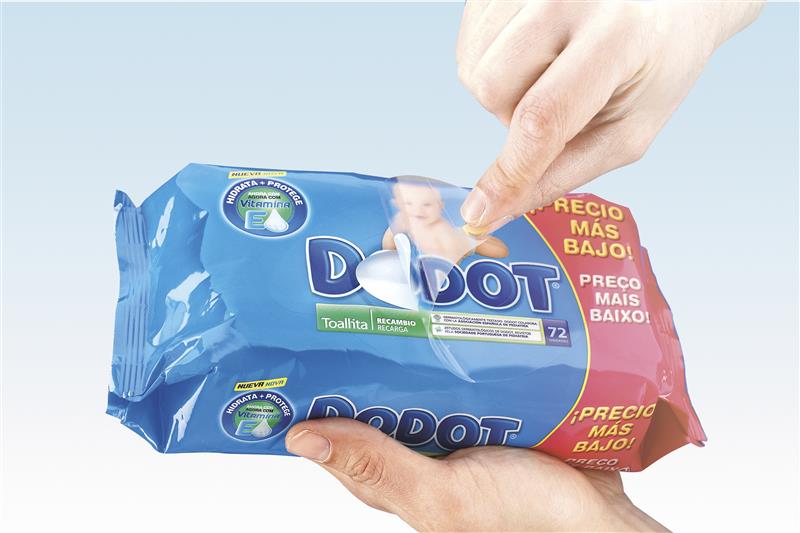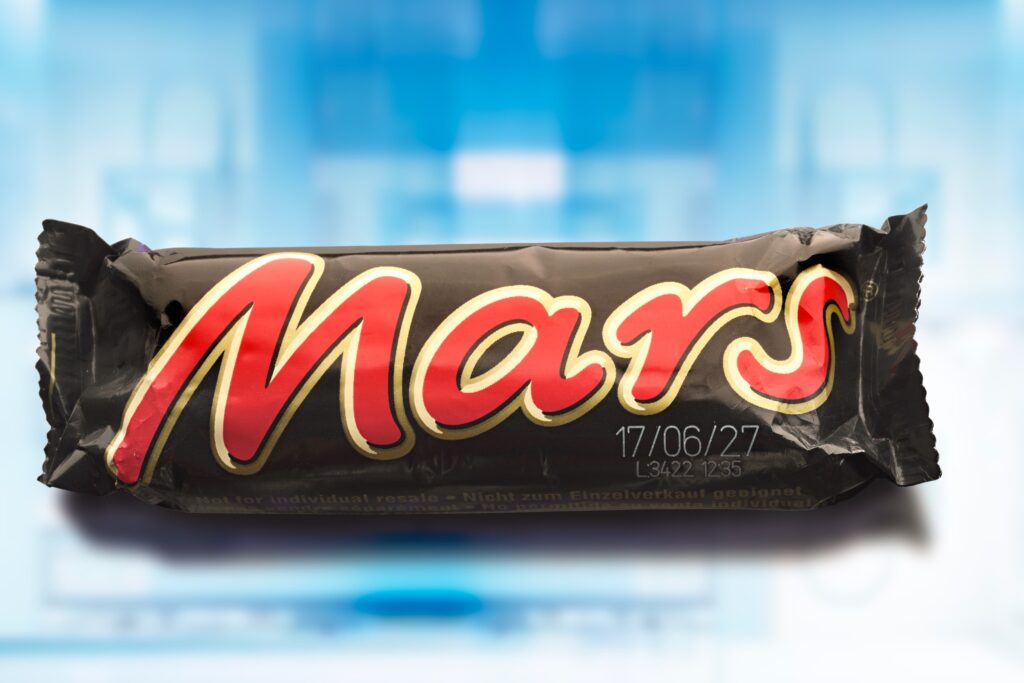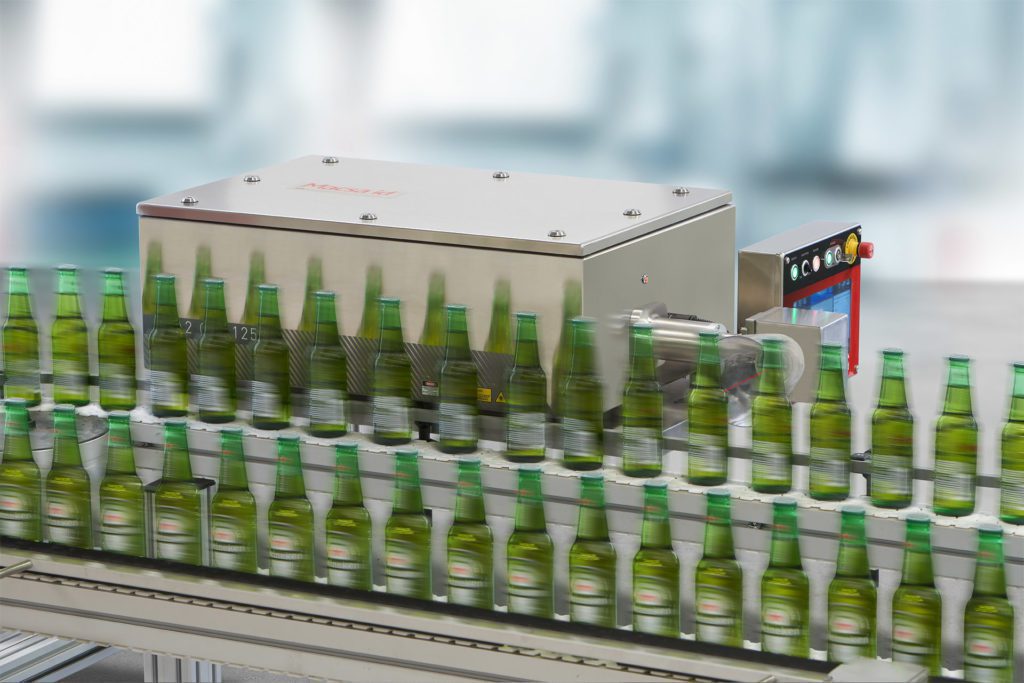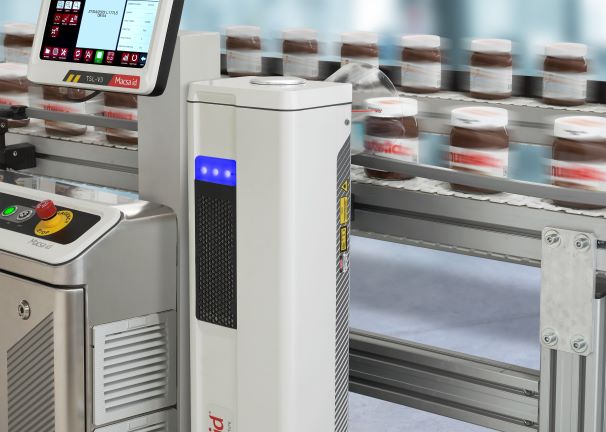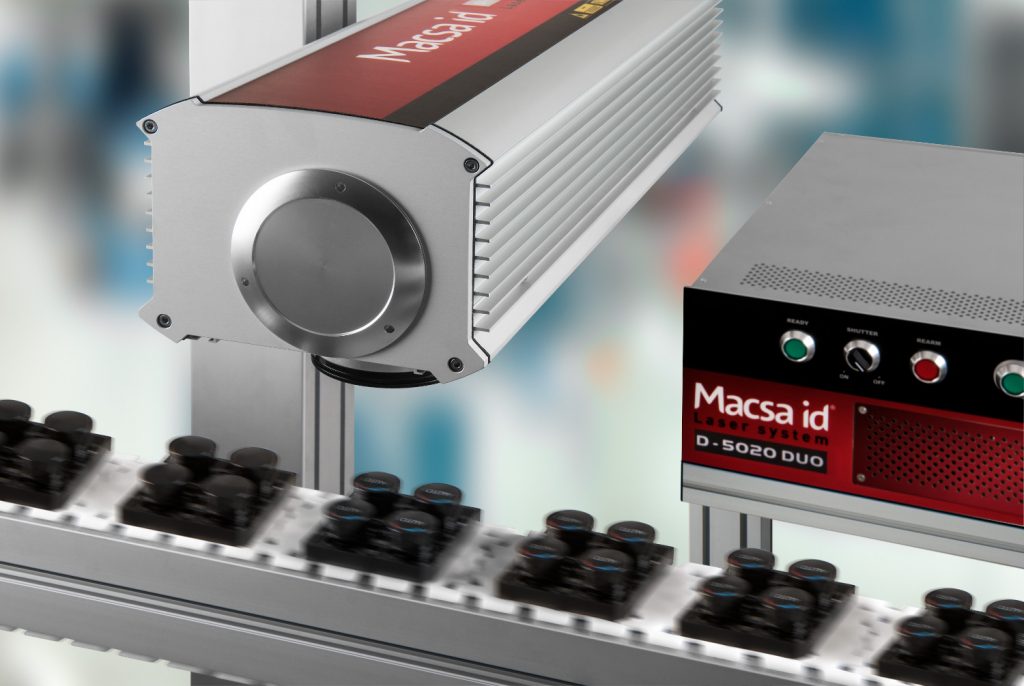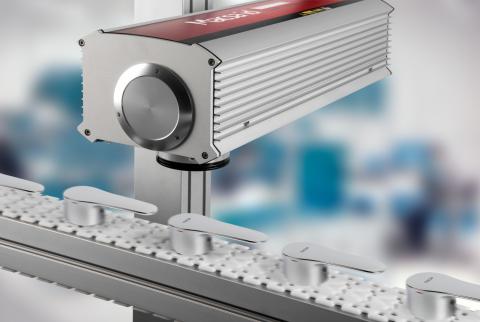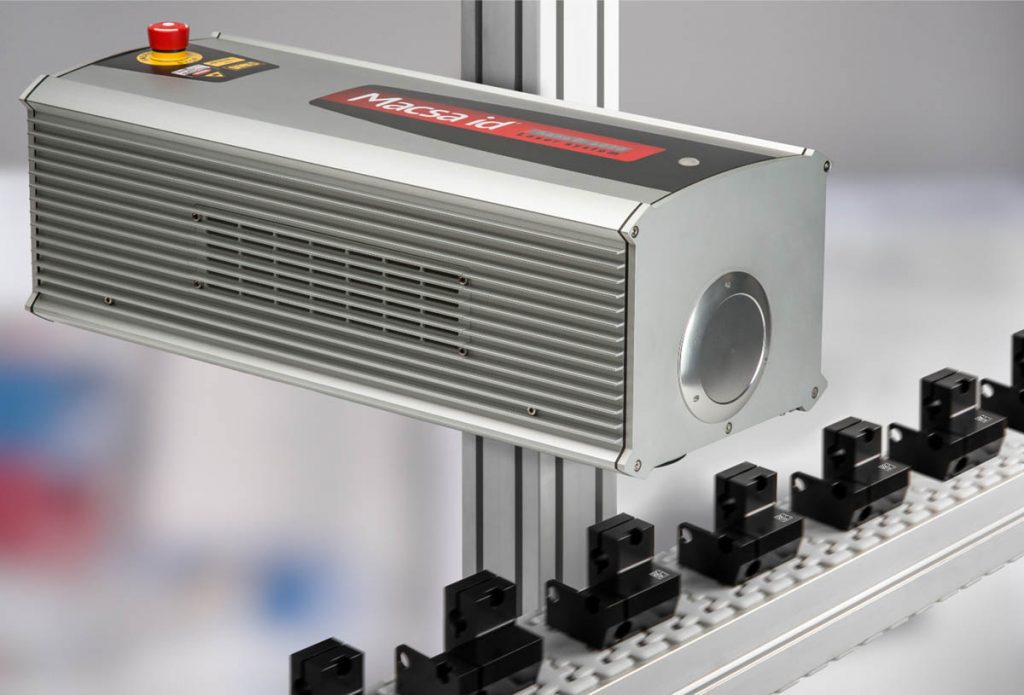Flexible film packaging is essential across industries like food, pharma, and cosmetics thanks to its lightweight, adaptable properties. Typically made from materials like aluminum foil, paper laminates, or plastic films, it ensures product protection and efficient logistics.
Laser marking on film provides a clean, permanent, and high-contrast solution for coding pouches, sachets, wraps, and bags—without applying pressure or damaging the surface. It’s the ideal non-contact method for delicate or thin materials.
At Macsa id, we offer CO₂, fiber, and UV laser systems tailored to each film type. These technologies ensure accurate marking of batch codes, expiry dates, barcodes, and logos with excellent readability and resistance.
Contactless and precise: No distortion or damage to thin packaging.
Permanent codes: Resistant to wear, friction, and environmental exposure.
Eco-friendly: No inks or consumables required.
Flexible integration: Easily adapted to high-speed production lines.
Whether you work with transparent, aluminized, or multilayer films, Macsa id delivers coding solutions that improve traceability, compliance, and sustainability.
